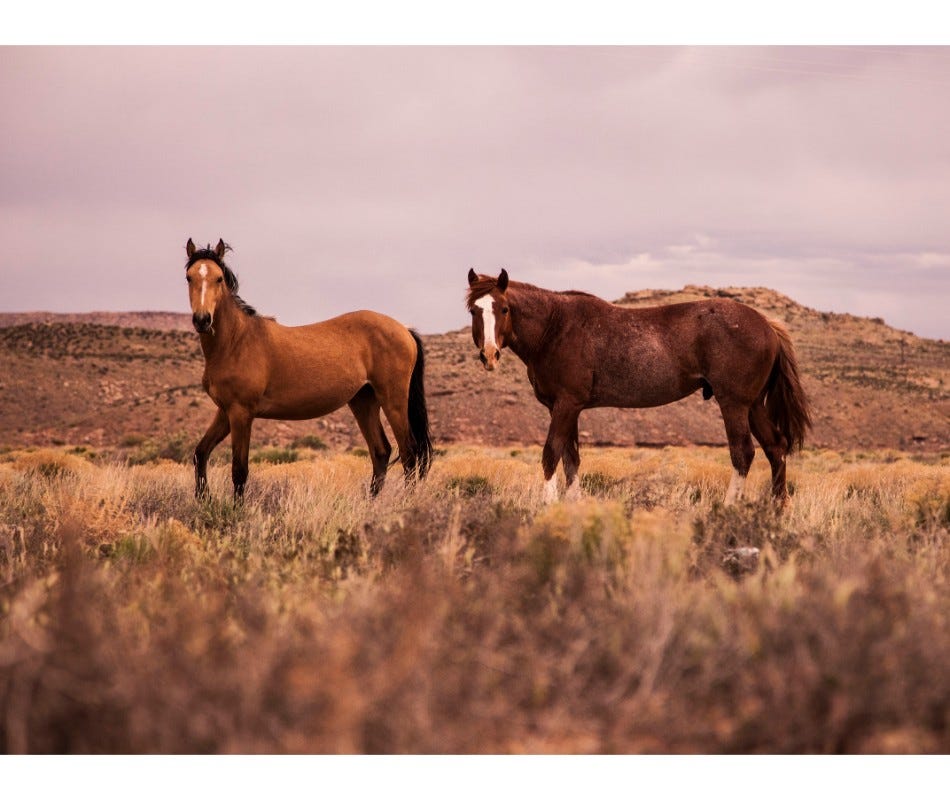We use cookies to make your experience better. To comply with the new e-Privacy directive, we need to ask for your consent to set the cookies. Learn more
Warning Donkeys and horses may mean Lungworms!
Lungworms are more commonly found in donkeys.They can infect horses too, but they don’t multiply in great numbers. That does not mean that horse owners should think less of them as health threats to horses.
Donkeys + Horses = Higher Risk for Lungworm
Lungworms are not a serious threat to a horse, unless you have donkeys joining the herd. They are relatively large and grow up to 8cm long. When horses feed on grass pasture, they can inadvertently ingest the worm’s infected larvae. It takes less than a week for these larvae to migrate to the lungs. They mature and lay eggs in a span of a few months. When your horse is infected by lungworms, the common symptom is coughing because the worms can cause respiratory tract irritation. The coughing mechanism helps in the transportation of the eggs to the windpipe then through to the mouth. Eggs enter the intestinal tract when the horse swallows. These worms are passed out via manure. With favorable conditions, the eggs of lungworms can reach their infective stage in as short as 5 days.

Like other issues with equine parasites, they only become serious if there is no proper control. If you see your horse persistently coughing lung worm could be present. But it does not mean that other factors will not be considered.Consult your veterinarian for advice on lungworm protection if your horses are grazing close to donkeys.
Treatment
Fortunately, lungworm infestation is easily treated by equine dewormers. Ivermectin horse dewormer is the best choice to control lungworms. It is a broad-spectrum anthelmintic agent that targets a wide range of common parasites in horses, including the lungworms.








Validate your login